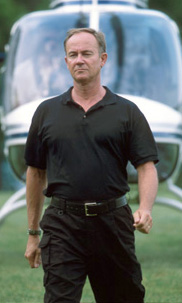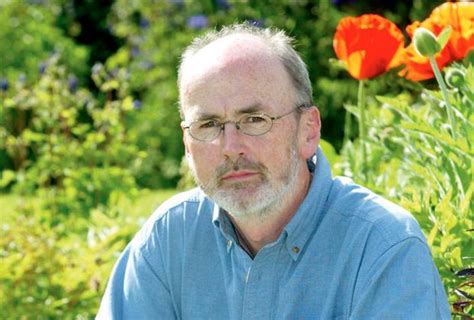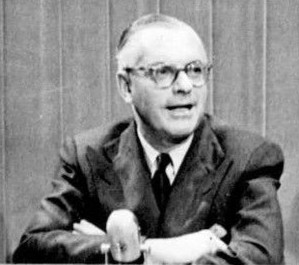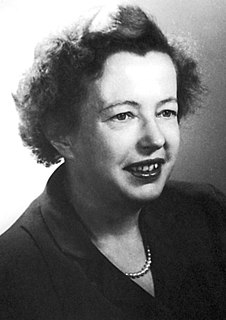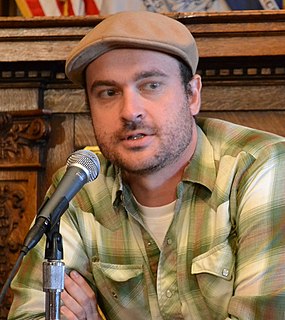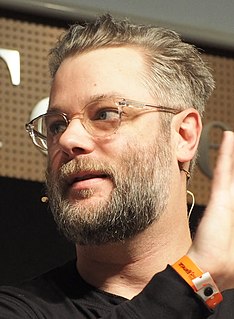A Quote by Stephen Sondheim
Puzzles are like songs - A good puzzle can give you all the pleasure of being duped that a mystery story can. It has surface innocence, surprise, the revelation of a concealed meaning, and the catharsis of solution.
Related Quotes
You know, people call mystery novels or thrillers 'puzzles.' I never understood that, because when I buy a puzzle, I already know what it is. It's on the box. And even if I don't, if it's a 5,000-piece puzzle of the 'Mona Lisa', it's not like I put the last piece in and go, 'I had no idea it's the 'Mona Lisa'!'
The world of counterterrorism is like that old jigsaw puzzle in the back of the closet: Its many missing pieces and extra parts jumbled in from other puzzles make it almost impossible to assemble. But in Ghost, Fred Burton manages to join together enough pieces to give us a discerning look at that world. This is a story, told in human terms, that will help make sense of the great puzzle of our times.
The expression I use: Pain + Reality = Progress. Whenever I would have a painful mistake, I started to view that as puzzles that would give me gems if I could solve the puzzle. So, it made me thoughtful - what should I do differently next time? That was the puzzle. And the gem was some principle for handling the same thing when it came along again, and then I would write it down. And by writing it down and referring to it, and also being able to show it to other people so that we could agree that that was a good way of handling that thing - that was very, very powerful.
Puzzles are great because they're fun. But really we are drawn to puzzles because they can be solved. We love the idea of being able to put a puzzle together and it being complete: you do it perfectly, step away, and you've completed the job. There's a deep satisfaction from that, and I think we wish for the ability to do that with everything. But emotions just don't work that way, people don't work that way, relationships don't work that way.
Most really good fiction is compelled into being. It comes from a kind of uncalculated innocence. You need not have your ending in mind before you commence. Indeed, you need not be certain of exactly what's going to transpire on page 2. If you know the whole story in advance, your novel is probably dead before you begin it. Give it some room to breathe, to change direction, to surprise you. Writing a novel is not so much a project as a journey, a voyage, an adventure.
Innocence is the way you really give fun to others, create the fun part of it. The fun is created only through innocence and innocence is the only way you can really emit also the fun. Imagine this world without any fun, what would happen? But people are very much confused between fun and the pleasure. The pleasure is nice to begin with and horrible to end with. But fun is a treasure. Anything that is full of fun you remember all your life.
Stop trying to figure it out. I love puzzles, but when I'm done putting together a puzzle, I feel accomplished, and then I wonder, "What's next?" Then I go start another puzzle. Life is a puzzle that I feel like we'll never fully put together. And I like that because, ultimately, I don't want to have life figured out and then wonder, "What's next?" That seems scary to me.




